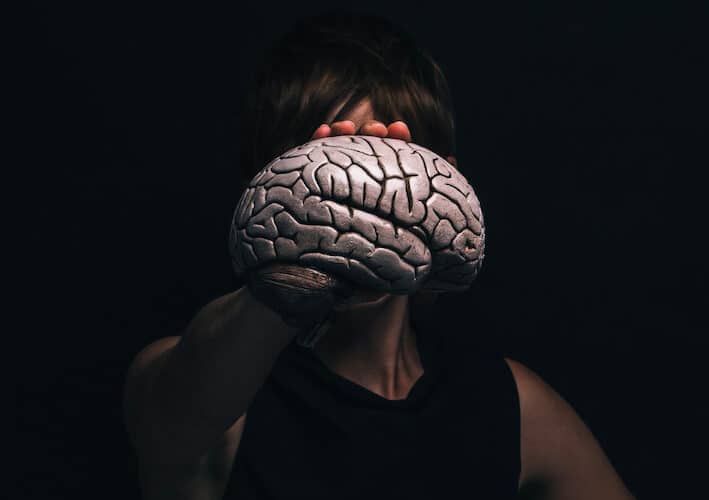Active skiers may have a reduced risk of heart disease due to the aerobic component of their sport. But can skiing also lower the risk of brain diseases like Alzheimer's and dementia?
A new study focusing on midlife physical activity finds that skiing may decrease a person’s risk of depression and vascular dementia—but not Alzheimer’s disease.
Skiing and Vascular Dementia, Alzheimer’s
Study after study shows that picking up an active lifestyle, whether through yoga or aerobic exercise, lowers the risk of developing Alzheimer’s and other types of dementia. Even short bouts of exercise have been shown to boost neuron growth and improve brain health.
But the authors of this latest study hoped to take that a step further and measure the effect of physical activity on different forms of dementia. “It is still unclear whether the protective effect [of exercise] differs depending on the subtype of dementia,” the authors wrote.
The researchers chose to study the impact of midlife physical activity, focusing specifically on long-distance skiers involved in the Swedish Vasaloppet — an annual cross-country ski race — to learn how it could impact vascular dementia and Alzheimer’s disease.
“As brain researchers, we have had the unique opportunity to analyze an exceptionally large group of very physically active people over two decades, and we have unraveled some interesting results,” Tomas Deierborg, associate professor at Lund University and an author of the study, said in a news release.
The researchers analyzed nearly 200,000 Vasaloppet skiers and found that among them, 50 percent fewer people had vascular dementia compared to a control group of non-skiers. Interestingly, however, skiers did not see a reduced risk of Alzheimer’s disease.
The results add some complexity to the conversation about lifestyle changes and brain health. The researchers posit that exercise likely improves cardiovascular health, which subsequently has a positive effect on the brain. However, this doesn’t ultimately change the neurodegeneration caused by things like genetics and amyloid buildup.
“The results indicate that physical activity does not affect the molecular processes that cause Alzheimer’s disease, such as the accumulation of the amyloid protein,” said Oskar Hansson, professor of neurology at Lund University, in the news release. “Nonetheless, physical activity reduces the risk of vascular damage to the brain, as well as to the rest of the body.”
The heart and circulatory system can play a role in dementia just like amyloid buildup or genetics. Vascular dementia, which involves stiffened or damaged blood vessels in the brain, often occurs as a result of poor cardiovascular health, like high blood pressure. It makes sense, then, that exercise can improve heart health and brain health simultaneously.
Exercise and Parkinson’s
The researchers also examined the effect of exercise on Parkinson’s disease, as 50 to 80 percent of the one million people living with Parkinson’s disease also have dementia.
Among the people who have participated in the Vasaloppet ski race, only 119 have been diagnosed with Parkinson’s 21 years later. Among the general population, that number was higher, with 164 people being diagnosed with Parkinson’s.
“The mechanisms behind this still need to be investigated, but it seems that those who are physically active have a ‘motor reserve’ that postpones the onset of the disease,” shared Tomas Olsson, another author of the study. “If a person trains a lot it may be possible to maintain mobility for longer, despite the pathological changes in the brain.”
Finally, the researchers also dove into the effect of physical activity on depression. They found that skiers had half the risk of developing depression later on compared to people from the general population. Depression has also been linked to brain aging and an increased risk for dementia.
The takeaway of their research may be that while exercise may not be the ultimate cure or prevention tool for Alzheimer’s, it can protect your brain from other risk factors, like poor cardiovascular health or depression.






